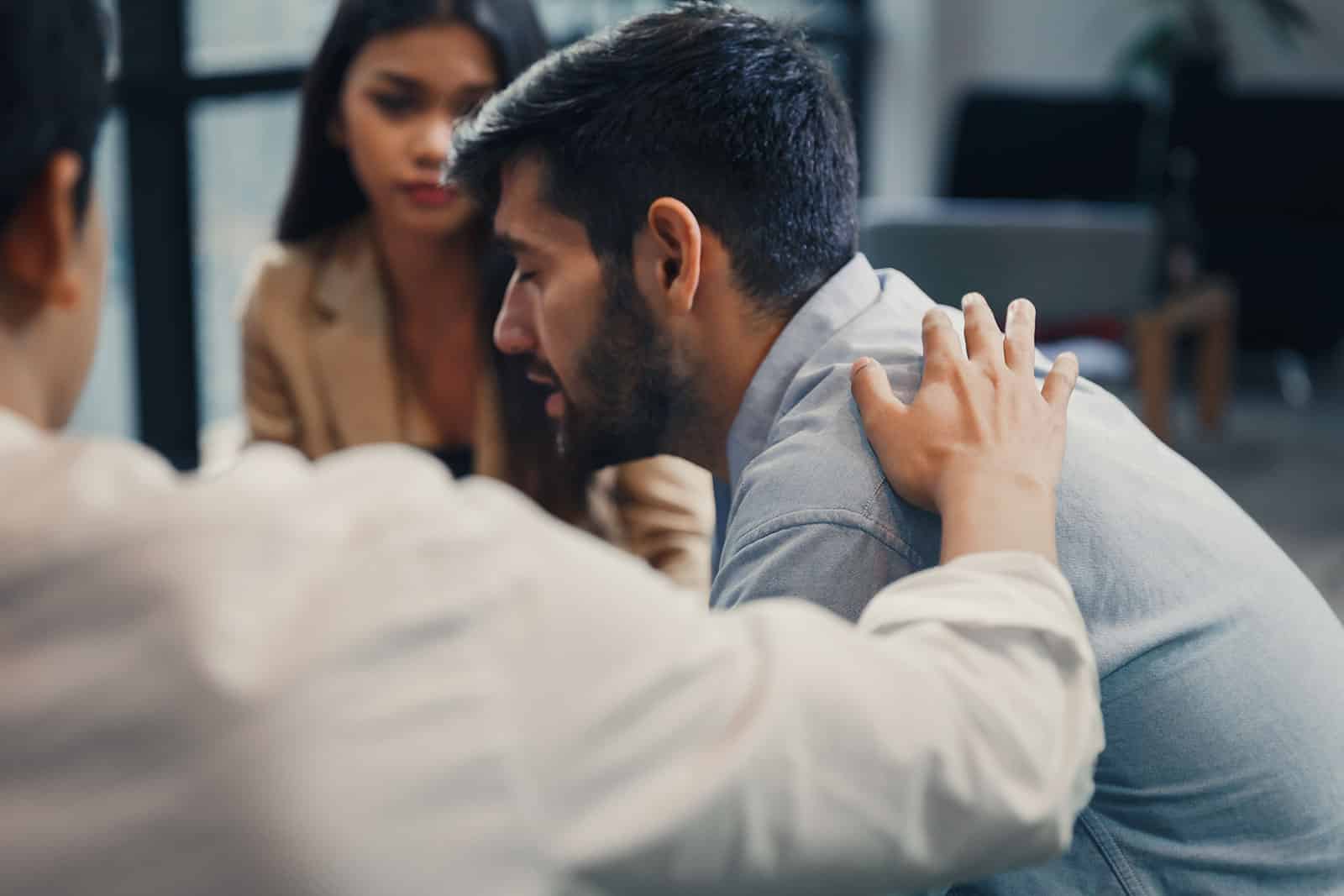Benzodiazepines, also known as benzos, are a type of prescription drug commonly used to treat anxiety, insomnia, and seizures. They are effective when used as prescribed. However, they carry the risk of being highly addictive. Misusing these drugs can lead to dependence, addiction, and even overdose.
These drugs are often abused because of their relaxing and calming effects. Those who do not use the drugs as intended are more prone to developing addictions.
If you or your partner are struggling with addiction to these drugs, it’s important to know that you’re not alone. There are many treatment options available for couples who are ready to seek help. In this guide, you will explore what benzodiazepine rehab entails, what you can expect during the process, and how you and your partner can support each other on the road to recovery.
Why do I get addicted to benzodiazepines?
 Before we delve into benzodiazepine rehab, it’s important to understand the nature of the addiction. Benzodiazepines work by increasing the activity of a neurotransmitter called gamma-aminobutyric acid (GABA) in the brain. You can think of this neurotransmitter as a regulator – it helps to reduce nerve activity and promote relaxation. Because of this mechanism of action, benzos are useful in treating seizures, anxiety, and other conditions that involve an unusually active nervous system.
Before we delve into benzodiazepine rehab, it’s important to understand the nature of the addiction. Benzodiazepines work by increasing the activity of a neurotransmitter called gamma-aminobutyric acid (GABA) in the brain. You can think of this neurotransmitter as a regulator – it helps to reduce nerve activity and promote relaxation. Because of this mechanism of action, benzos are useful in treating seizures, anxiety, and other conditions that involve an unusually active nervous system.
However, long-term use of benzos can lead to physical and psychological dependence. At this point, quitting becomes very difficult, as you will experience withdrawal symptoms. These can include anxiety, insomnia, seizures, and even hallucinations in severe cases. This is why it’s essential to seek medical help if you want to quit using benzos, as it can be dangerous to suddenly stop taking them.
What is involved in benzodiazepine rehab?
Drug rehab typically involves a combination of detox, therapy, and aftercare. Here’s what you can expect during each phase of the process.
Detox
The first step in rehab is detoxification. The aim of this procedure is to allow your body to eliminate the drugs from your system. Detox can be a challenging and uncomfortable process, as withdrawal symptoms can develop. These are often uncomfortable, but in some cases can be severe. For this reason, medical supervision is important to make detox a safer and more manageable experience. You may also be given medications to ease any discomfort from withdrawal symptoms.
Behavioral therapy
Once detox is complete, the next phase of treatment involves behavioral therapies. Individual and group therapy sessions can help couples understand the root causes of their addiction, develop coping strategies for triggers, and learn healthy communication skills.
Aftercare
After completing a drug rehab program, aftercare is essential to ensure ongoing support and prevent relapse. This can include continued therapy, participation in support groups, and developing a relapse prevention plan.
How does drug rehab work for couples?
 Couples therapy can be an important component of drug rehab, as addiction can have a significant impact on your relationship. Addiction can strain communication, cause trust issues, and lead to conflicts that can be difficult to resolve on your own. Couples therapy can provide a safe and supportive environment where both you and your partner can work through their challenges together.
Couples therapy can be an important component of drug rehab, as addiction can have a significant impact on your relationship. Addiction can strain communication, cause trust issues, and lead to conflicts that can be difficult to resolve on your own. Couples therapy can provide a safe and supportive environment where both you and your partner can work through their challenges together.
In drug rehab, couples therapy is often used as part of a comprehensive treatment plan that may include individual therapy, group therapy, and medication-assisted treatment. The therapy sessions may be led by a licensed therapist who specializes in addiction and family therapy.
Couples therapy in drug rehab can help couples in a few different ways. First, it can help partners better understand each other’s experiences and perspectives related to addiction. This can help to build empathy, improve communication, and promote healing.
Second, couples therapy can help partners identify triggers and develop strategies to prevent relapse. This might involve creating a plan for how to handle high-risk situations or learning new coping strategies to deal with stress and cravings.
Finally, couples therapy can help partners rebuild trust and intimacy in their relationship. Addiction can often erode trust and intimacy, but therapy can help couples develop a deeper understanding of each other’s needs, rebuild communication, and create a stronger foundation for their relationship.
If you are considering couples therapy as part of a drug rehab program, it’s important to find a therapist who is experienced in working with addiction and couples. A qualified therapist can help guide you and your partner through the process, provide personalized support, and help you develop the skills and tools you need to rebuild your relationship and achieve lasting recovery.
How can we support each other during benzodiazepine rehab?
Recovering from benzodiazepine addiction can be a challenging journey, but having the support of your partner can make it a more manageable and successful experience. Here are some tips on how you and your partner can support each other during rehab.
Communicate openly and honestly
 Communication is key in any relationship, but especially during recovery. Be open and honest about your feelings, struggles, and victories, and encourage your partner to do the same.
Communication is key in any relationship, but especially during recovery. Be open and honest about your feelings, struggles, and victories, and encourage your partner to do the same.
Attend therapy together
Participating in therapy together can be a powerful way to deepen your connection, understand each other’s perspectives, and develop healthy communication skills.
Practice self-care
Taking care of yourself is essential during benzodiazepine rehab, both physically and emotionally. Make time for exercise, meditation, and other self-care activities, and encourage your partner to do the same.
Celebrate small victories
Recovery is a long and challenging process, so it’s essential to celebrate even the smallest victories along the way. Recognize and acknowledge each other’s progress and successes, no matter how small they may seem.
Develop a relapse prevention plan
A relapse prevention plan is a set of strategies and actions to help prevent relapse and maintain sobriety. Work with your partner and your treatment team to develop a relapse prevention plan that works for both of you.
It is also important to note that relapsing does not mean rehab is not successful. Relapse can be a temporary setback, and you can still enjoy a full recovery later on.